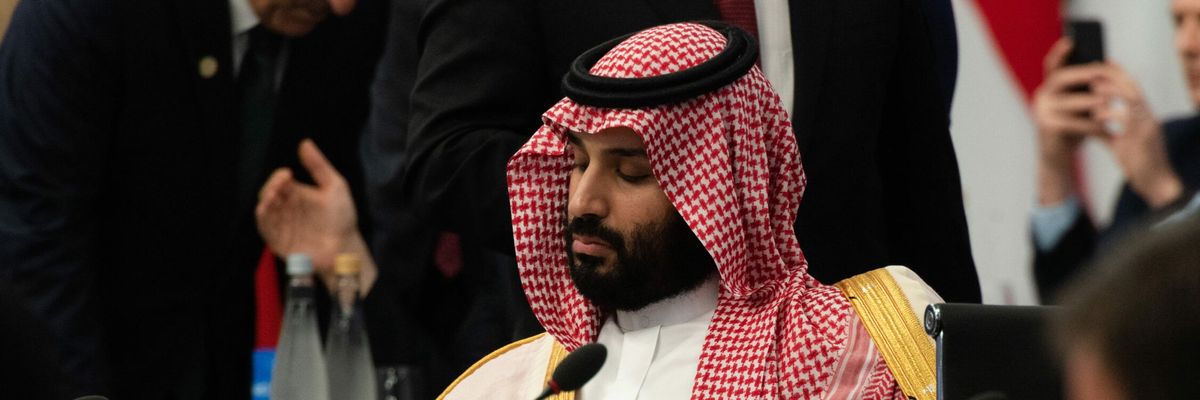OPEC+ agreed Monday to a small cut in oil production. The cartel, which is led by Russia and Saudi Arabia, justified the decision as a necessary move to slow a recent drop in global oil prices. These cuts could deepen in coming weeks as the bloc “stands ready to meet again at short notice to reduce output further if needed,” according to Bloomberg columnist Javier Blas.
The production drop — which comes just two months after President Joe Biden personally asked Saudi leaders to increase oil output — highlights the difficulties that the United States has faced in rallying Middle East partners to support Western efforts to isolate Russia.
The move could hardly come at a worse time for Biden. U.S. gas prices have finally started to return to their pre-Ukraine war levels, and Europe is expected to lean on oil to produce electricity this winter as Russia reduces the continent’s access to natural gas. In other words, an increase in oil prices could damage Biden's efforts to help Democrats hold onto Congress this fall while testing the strength of the West's united front against Russia.
More broadly, the news raises questions about how much Washington really gains from cozying up to autocratic leaders like Saudi Crown Prince Muhammad Bin Salman.
“Clearly, appeasement didn't work,” tweeted Trita Parsi of the Quincy Institute. “Doubling down on a bad relationship is a bad idea. It's time to overhaul America's Mideast policy.”
Notably, OPEC’s decision also coincides with reports that the U.S. and Iran may manage to revive the Iran nuclear deal. If these efforts succeed, Tehran will be able to vastly increase its oil exports, which would likely help drive down prices in global markets. This latest move signals that Riyadh is still not ready to support Washington’s efforts with Iran, according to oil market analyst Tamas Varga.
“The political angle, it seems, is a Saudi message to the U.S. about the revival of the Iranian nuclear agreement,” Varga told Reuters. “It is hard to interpret the decision as anything but price supportive.”















